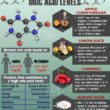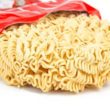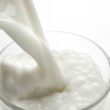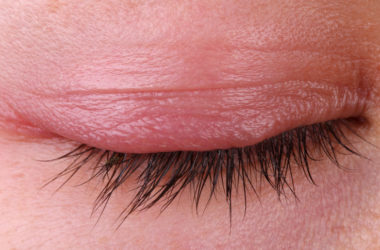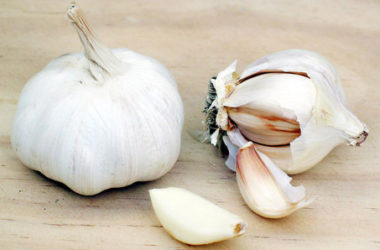Dehydration occurs when your body loses more fluid than you take in, and the body does not have enough water or fluids to carry out its normal functions.
Our body is made up of two-thirds water. It helps in digestion, keeps the skin healthy and moisturized, lubricates the joints and eyes and flushes out wastes and toxins in the body.
We lose water every day through the breath we exhale, and through the sweat, urine, and stool that we excrete. As we lose water, we also lose small amounts of salts. When the amount of fluid in the body is reduced, it upsets the balance of salts and sugars, consequently affecting the way it functions.
Most people walk around with a mild to moderate dehydration because they don’t hydrate enough for the body to function at its best. You can get dehydrated when the weather’s hot, when you exercise or move a lot, or as an effect of certain illnesses like diarrhea, fever or vomiting.
Below are some signs to look for to indicate that you’re dehydrated:
- Thirst
- Dry skin and mouth
- Headache
- Dizziness or lightheadedness
- constipation
- Decreased urine output
- Dark yellow urine
Thirst isn’t always a clear indicator if you’re dehydrated, especially in children and in the elderly. A better indicator is the color of the urine. Light colored urine indicates that you’re well hydrated, while a dark yellow or amber colored urine usually indicates dehydration.
Severe dehydration is a medical emergency. Watch out for the following signs:
- Severe thirst
- Low blood pressure
- Rapid heartbeat
- Rapid breathing
- fever
- Irritability and confusion
- Sunken eyes
- Little or no urine
- No tears
- Very dry mouth and mucous membranes
- Shriveled and dry skin that lacks elasticity
- Extreme fussiness or sleepiness in infants and children
- Sunken fontanels in infants
- Delirium or unconsciousness
Seek medical care when you experience severe thirst, there’s a decrease in your urine output, you have shriveled skin or you experience dizziness or confusion.
Mild or moderate dehydration can easily be treated by increasing your fluid intake, such as water, juice or sports drinks like Gatorade, PowerAde and others.
Children and older adults, on the other hand, need to be treated with more caution. Seek immediate medical attention if your loved one exhibits one of these symptoms:
Moderate diarrhea for more than 24 hours
Severe diarrhea, with or without fever or vomiting
Can’t keep fluids down
Bloody or black stool
Disorientation, irritability, or more sleepy than usual
Exhibits signs and symptoms of mild to moderate dehydration






